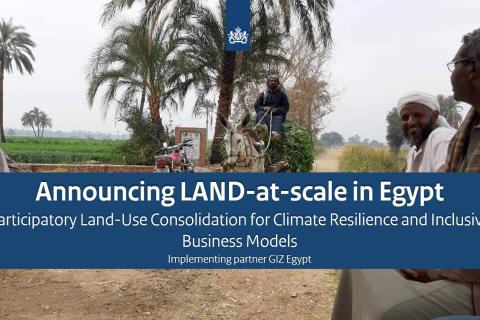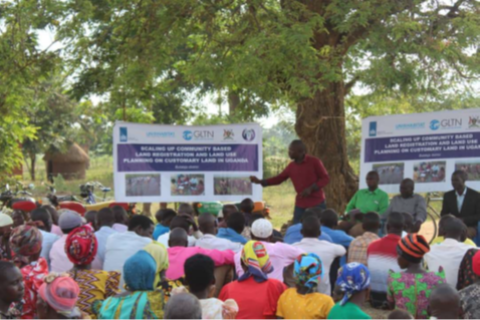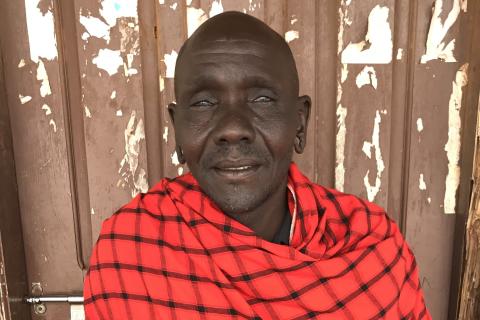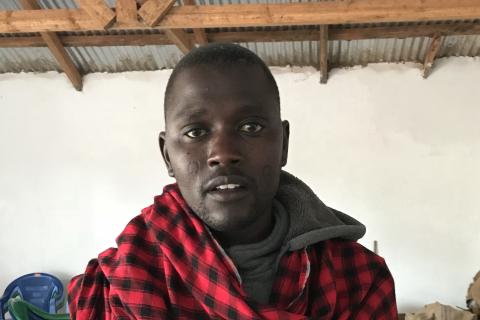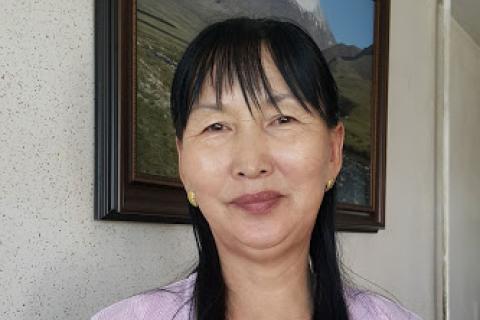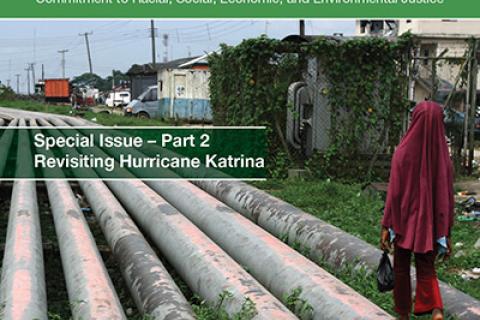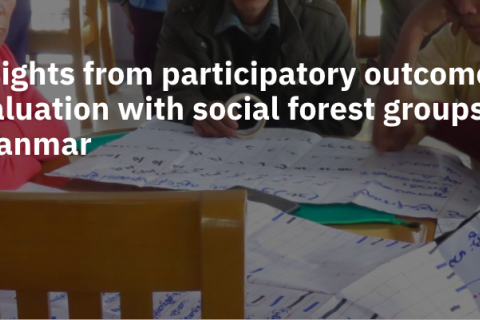Participatory Land-Use Consolidation for Climate Resilience and Inclusive Business Models in Egypt: Announcing the lauch of LAND-at-scale in Egypt
We are happy to announce the launch of the project Participatory Land-Use Consolidation for Climate Resilience and Inclusive Business Models in Egypt, which started in May 2024 and will run until October 2026. The project aims to reduce land fragmentation through participatory land use consolidation in order to increase the productivity and income of smallholder farmers, and to strengthen the institutional capacity of key institutions on land governance aspects.

